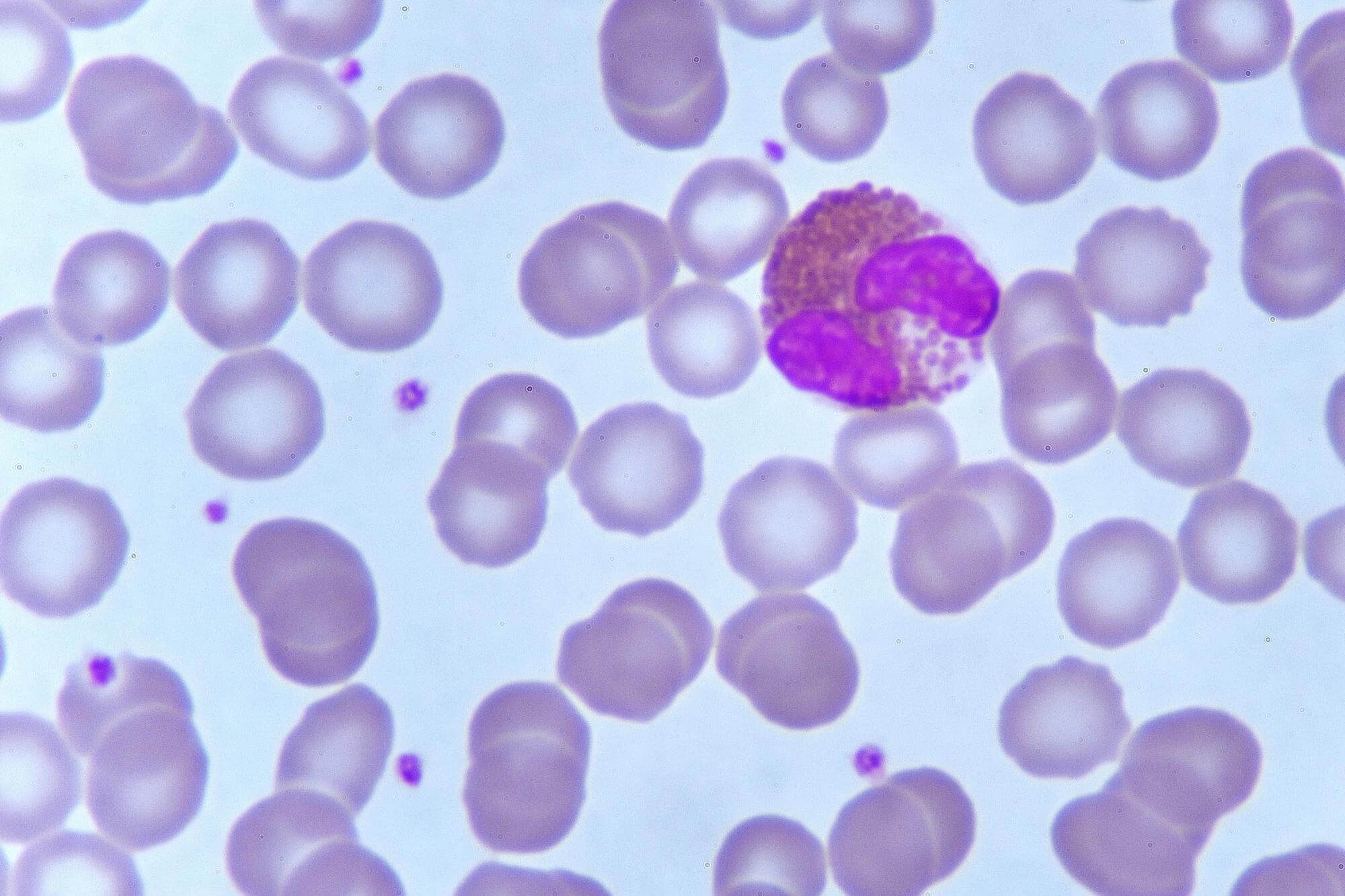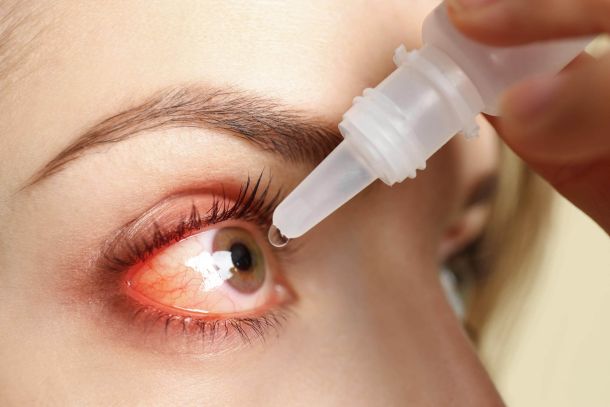Role of eosinophils in allergic reactions


Eva Zakharova
Role of eosinophils in allergic reactions
Allergies are a common condition that can sometimes seriously reduce patients' quality of life. In this article, an experienced allergist will discuss the role of eosinophils in allergies, their relationship to various symptoms, and treatments and prevention of eosinophil-related diseases.
What are eosinophils and how are they related to allergies?
Eosinophils are a type of white blood cell that play an important role in the body's immune system. They are responsible for fighting off parasites and are also involved in the development of allergic reactions and inflammatory processes. When eosinophil levels are elevated, it may indicate the presence of allergies or other immune disorders.
Allergy symptoms associated with elevated eosinophils
In allergies with an eosinophil component, patients may experience the following symptoms: itching, skin rashes, swelling, urticaria, runny nose, stuffy nose, itchy and watery eyes, difficulty breathing and shortness of breath. It is important to note that these symptoms may be due to elevated eosinophils directly or to a general inflammatory process characteristic of allergies.
How eosinophil levels are measured

Doctors can use a variety of diagnostic methods to determine eosinophil levels.
The most common method for determining eosinophil counts is a blood test. In addition, sputum analysis, bronchoalveolar lavage, or tissue biopsy may also be used. It is important to perform the tests under the supervision of a physician and to follow all recommendations for preparation.
In order to get the most accurate results of the eosinophils test, patients are advised to observe the following preparation rules: refrain from drinking alcohol 24 hours before the test, do not smoke 2 hours before the test, avoid physical exertion and stressful situations, and consult a doctor about the possibility of temporarily cancelling the medications taken.
Treatment of allergies with an eosinophilic component

If an allergy with an eosinophilic component is confirmed, the doctor may prescribe appropriate treatment.
Antihistamines (loratadine, cetirizine), corticosteroids (prednisolone, betamethasone) and drugs that stabilize the target cell membrane (ketotifen, nedocromil) may be prescribed to control eosinophils levels and eliminate allergy symptoms. In some cases, biological drugs such as mepolizumab (Nucala) may be used.
To prevent allergy exacerbations and monitor the patient's condition, regular examinations and monitoring of eosinophil levels are essential. In addition, it is important to follow a hypoallergenic diet, avoid contact with allergens, and have preventive treatment as prescribed by your doctor.
Relationship between eosinophilic allergies and other diseases
Eosinophilic allergies may be associated with conditions such as atopic dermatitis, asthma, chronic sinusitis, eosinophilic gastric Ititis, eosinophilic esophagitis, and others. The relationship between these diseases is due to impaired immune regulation and the inflammatory process associated with elevated levels of eosinophils.
In conclusion, eosinophils play an important role in the development of allergic reactions, and their elevated levels may indicate the presence of allergies or related diseases. For successful treatment and prevention of recurrences, careful evaluation, proper medication, and regular monitoring of the patient's condition are essential. It is important to monitor your health, follow your doctor's recommendations and seek timely medical attention if allergy symptoms occur.
New materials
Popular Articles
We recommend reading
Contact us in the Contact Us section to ask questions, offer ideas, or for more information about our allergy resource.
Our articles are your trusted source of allergy knowledge. Learn how to make life with allergic reactions easier on our specialized portal.
©
Lechenie-Allergii.com. All rights reserved.
© Lechenie-Allergii.com. All rights reserved.
The information on this site is for informational purposes only and is not a substitute for professional medical advice. We recommend consulting with qualified medical professionals for accurate information and advice.
 English
English  Українська
Українська  Русский
Русский 









